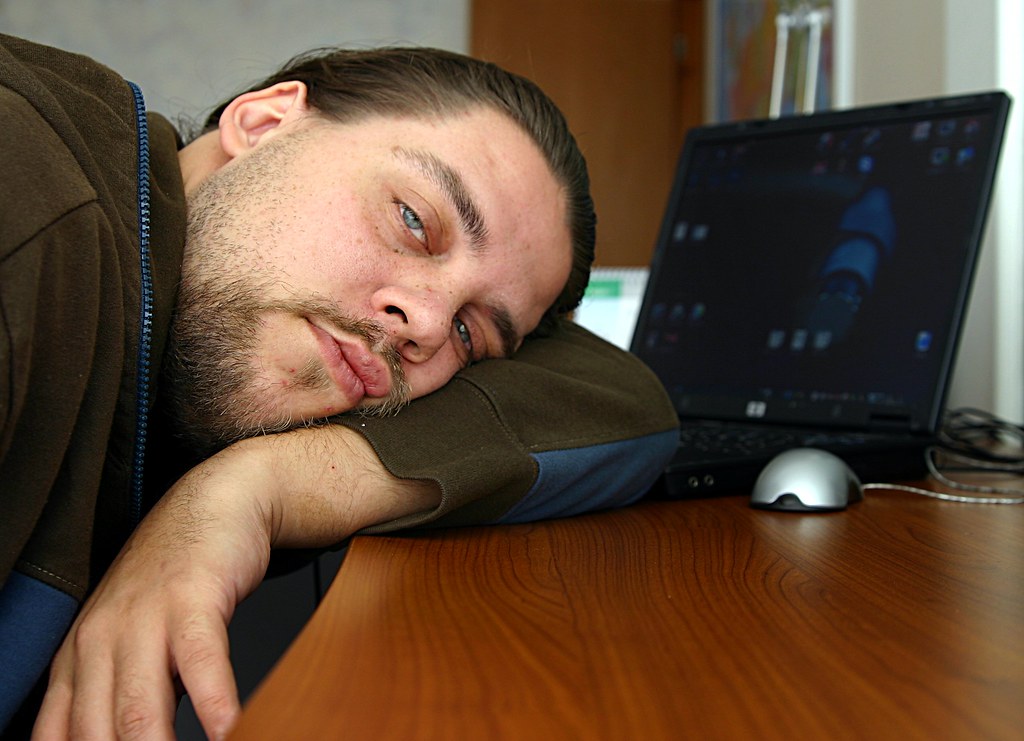In today’s era computer is a very important part of our daily life. They have become our personal assistants, communication tools, entertainment centers, and information hubs. With such a reliance on technology, it’s crucial to ensure that our computers are in good health. A sick computer can be a frustrating and expensive problem to fix. In this article, we’ll explore the various factors that can make your computer sick and provide tips on how to keep it healthy.

Malware and viruses
Malware and viruses are malicious programs that infect your computer and cause damage. They can slow down your computer, steal your personal information, and even destroy your data. You can get infected with malware and viruses by downloading files from untrusted websites, clicking on suspicious links, or opening email attachments from unknown senders. To protect your computer, you should install reliable antivirus software and keep it up-to-date. Avoid downloading files from untrusted sources, and always scan new files before opening them.
Overheating
Computers generate a lot of heat, and if they get too hot, this can cause serious damage to the hardware components. Overheating can occur due to a variety of reasons, including dust buildup, faulty fans, or running too many programs at once. To prevent overheating, make sure your computer has proper ventilation and clean the dust from its fans regularly. You can also use cooling pads to keep your laptop cool.
Power surges
Power surges are sudden increases in electrical voltage that can damage your computer’s hardware. They can occur due to lightning strikes, faulty wiring, or power outages. To protect your computer from power surges, you can use surge protectors or uninterruptible power supplies (UPS). Surge protectors prevent power surges from reaching your computer, while UPSs provide backup power in case of a blackout.
Hard drive failure
Hard drives are the storage devices that store all your data. They can fail due to various reasons, including physical damage, software corruption, or age. To prevent hard drive failure, you should keep backups of your important files and replace your hard drive every few years.
Outdated software
We should use the updated version of any software on our computer, there may be some security vulnerabilities in the old software which hackers can take advantage of. They can harm your computer. It can also cause performance issues and crashes. To prevent this, you should regularly update your operating system and applications. You can set your computer to automatically update software or manually check for updates regularly.
Dust and dirt
Dust and dirt can accumulate inside your computer, clogging fans and causing overheating. It can also cause hardware failure if it gets into the components. To prevent this, you should clean your computer regularly using compressed air or a soft brush. You should also keep your computer in a clean and dust-free environment.
Conclusion
In conclusion, keeping your computer healthy is essential to ensure that it works efficiently and lasts longer. By following the tips mentioned above, you can prevent malware infections, overheating, power surges, hard drive failure, outdated software, and dust buildup. Regular maintenance and care can save you from expensive repairs and ensure that your computer remains in good health.
F.A.Q
What are the signs that my computer is sick?
There are several signs that your computer may be sick, including slow performance, frequent crashes or freezes, unusual noises, overheating, and error messages. If you notice any of these symptoms, it’s important to take action to diagnose and fix the problem.
How can I protect my computer from malware and viruses?
To protect your computer from malware and viruses, you should install reliable antivirus software, keep it up-to-date, avoid downloading files from untrusted sources, and scan new files before opening them. You should also practice safe browsing habits, such as not clicking on suspicious links or opening email attachments from unknown senders.
How can I prevent overheating on my computer?
To prevent overheating in your computer, you should ensure that it has proper ventilation and clean the dust from its fans regularly. You can also use cooling pads to keep your laptop cool.
What should I do if my computer experiences a power surge?
If your computer experiences a power surge, it may be damaged or corrupted. To prevent this, you should use surge protectors or uninterruptible power supplies (UPS) to protect your computer from power surges. If your computer has already been affected by a power surge, you may need to replace damaged hardware or restore your system from a backup.
How often should I update my software?
You should update your software regularly to ensure that it is secure and running efficiently. You can set your computer to automatically update software or manually check for updates regularly. It’s especially important to keep your operating system and antivirus software up-to-date to protect against security vulnerabilities.
How can I clean my computer to prevent dust buildup?
To clean your computer and prevent dust buildup, you can use compressed air or a soft brush to remove dust from the fans and other components. You should also keep your computer in a clean and dust-free environment to prevent dust from accumulating in the first place.
What i do not realize is in truth how you’re not actually a lot more neatly-liked than you may be right now. You’re so intelligent. You recognize thus significantly when it comes to this subject, made me for my part imagine it from a lot of numerous angles. Its like men and women are not fascinated except it is one thing to do with Woman gaga! Your own stuffs great. Always take care of it up!
Greetings. I know this is somewhat off-topic, but I was wondering if you knew where I could get a captcha plugin for my comment form? I’m using the same blog platform like yours, and I’m having difficulty finding one? Thanks a lot.